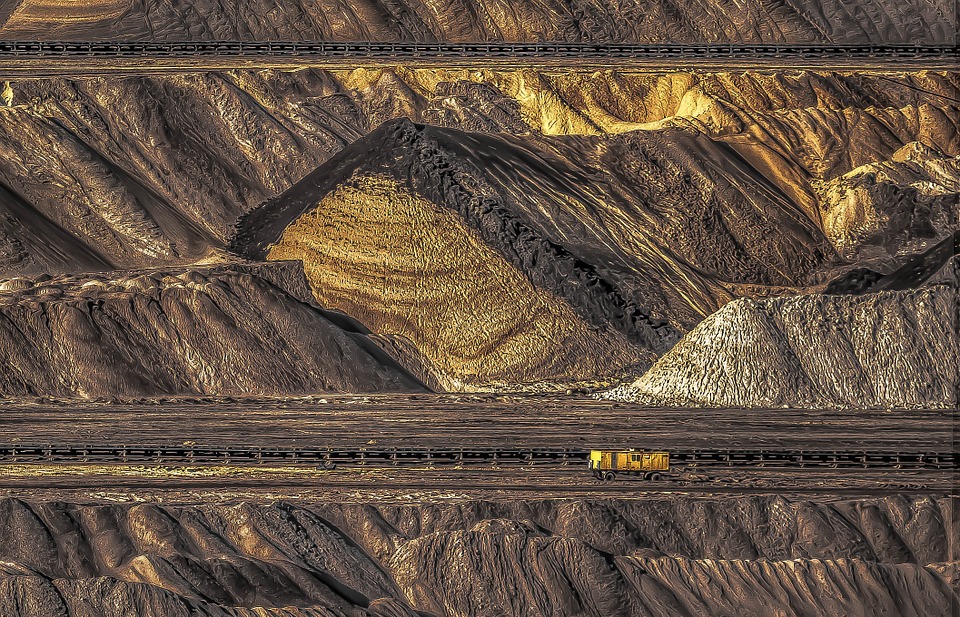It has been a roller-coaster ride for investors in precious metals miner Tahoe Resources Inc. (TSX:THO)(NYSE:TAHO). At the end of August, its stock plummeted because of news that the Guatemalan Constitutional Court had upheld the July decision of the Supreme Court of Guatemala to suspend the licence for its flagship Escobal mine. This sparked a string of claims by various market pundits that Tahoe would be incapable of meeting its 2017 guidance, and the miner’s viability as an ongoing concern was in jeopardy.
The latest developments for Tahoe and its operations in Guatemala have been positive for the embattled miner and indicate that while it could indeed be attractively valued, there is considerable risk associated with such a stock.
Now what?
As I predicted in an earlier July article on Tahoe, when the Escobal licence was initially suspended by the Supreme Court of Guatemala, that licence was reinstated earlier this month. This was exceptionally positive news for Tahoe, causing its stock to rally by 16%.
Nevertheless, it is still trading about 40% lower than it was before the Supreme Court’s initial decision to suspend the Escobal licence. This is because there are still considerable risks surrounding the mine’s operations. Prior to the suspension, it was responsible for the majority of Tahoe’s silver production and almost half of the miner’s revenue.
Despite the licence being reinstated relatively quickly, operations have been unable to recommence because of an illegal roadblock which is blocking access to the mine. Along with unresolved issues relating to the reinstatement of the Escobal licence and other risks, fears have been sparked fears Tahoe could face similar predicaments in the future.
Clearing the roadblock is a difficult process in a country where there is a far lower respect for the rule of law. There is also the likelihood of the reinstatement of the licence being appealed by indigenous and anti-mining groups in Guatemala’s constitutional court. A key condition of the licence being reinstated was the need for Tahoe to consult local indigenous communities and provide the Supreme Court with a report on those talks within 12 months.
Obviously, if the court is unsatisfied by the content of the report, then the licence could again be suspended.
This is occurring in an environment dominated by headlines of yet another corruption scandal that could reach as high as President Jimmy Morales and claims that Tahoe management ran roughshod over local communities. This includes the use of repression and violence along with allegations of extrajudicial killings of anti-mine protesters to ensure that the mine could operate.
While Tahoe appears attractively valued, trading at about 80% of its net tangible asset value, it is difficult to see Tahoe being able to adequately remedy the existing issues to ensure the mine’s long-term future.
Nonetheless, there is certainly an argument to be made that the mine will resume because of its importance to the local economy.
Like many other Latin American nations, Guatemala is dependent on mining as a key source of export income and government revenues. Silver ores and concentrates exports, which were valued at over US$300 million in 2015, are the fifth-most important export for the impoverished Central American nation. The mining industry is also an important means of attracting much-needed foreign investment in a country that lacks the capital to develop those resources itself.
The economic consequences of the mine ceasing operations for Guatemala are dire, particularly because it is the ranked as the second-largest silver mine by production globally.
So what?
There are plenty of hurdles ahead for Tahoe, and the risks associated with the Escobal mine, which is its key source of production and earnings, are considerable.
However, with it trading at a considerable discount to its net tangible asset value, there is plenty of upside on offer for investors if Tahoe can surmount the regulatory, social, and legal issues surrounding the mine.







